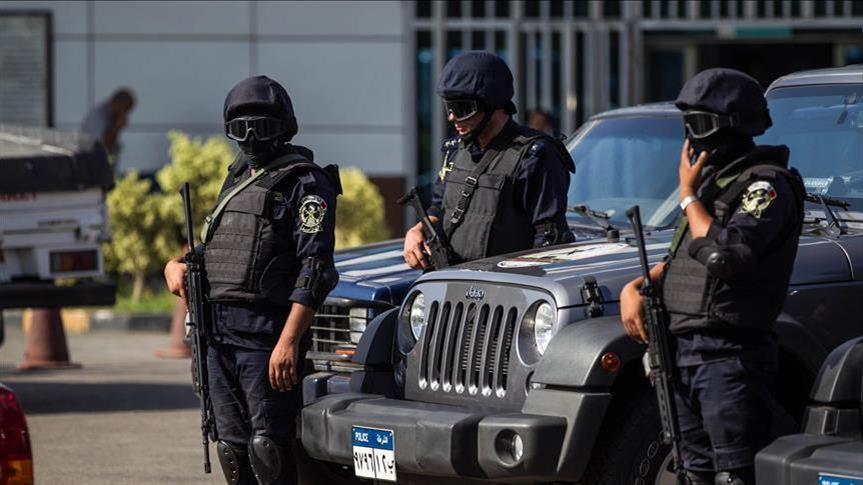
Two more Egyptians died Sunday in jail as a result of their “deteriorating health conditions”, local media reported.
One of the detainees was identified as 61-year-old Ibrahim Al-Batea, who died of “a stroke due to medical negligence in the Kafr Saqr Police Department in Egypt’s Shareya Governorate,” according to local sources.
The sources pointed out that Al-Batea was moved to the intensive care unit in hospital, where he died, after a number of appeals to the prison administration by his family.
The second detainee, 58-year-old Magdi Taha Al-Qalawi, was said to have died inside the country’s Shebin El-Koum prison following “constant medical negligence”.
Since Abdel Fattah Al-Sisi led a military coup in 2013, Egyptian authorities have launched an unprecedented crackdown on dissent, arresting, detaining and forcefully disappearing thousands on political grounds.
Egypt continues to detain around 60,000 political prisoners. They are subjected to systematic torture and, in particular women, sexual violence including rape, the threat of rape and indecent body searches.
In January last year, Al-Sisi claimed there were no political prisoners in Egypt, despite the numerous reports from rights groups stating the contrary.
Masters student living in Italy tortured
In the same context, Egyptian authorities have beaten and tortured a masters student living and studying in Italy.
Patrick George Zaki, 27, was arrested at Cairo airport on his way into the country on Friday morning, blindfolded, taken to an unknown location and beaten and tortured with electric shocks, according to his lawyer Wael Ghally.
Zaki, a researcher for the Egyptian Initiative for Personal Rights (EIPR), is being investigated on allegations of spreading false news and the misuse of social media.
Since October six EIPR staff members have been temporarily detained and questioned, according to a statement on the human rights organisation’s website.
The Egyptian regime has targeted human rights defenders in an unprecedented crackdown that has seen 60,000 political prisoners locked up in jails.
Zaki, who was home for a visit, is studying for his postgraduate at the University of Bologna in northern Italy.
His case has raised parallels with that of the Italian student Giulio Regeni, who was tortured to death four years ago by members of Egypt’s national security agency.
Egypt has stalled efforts to hold officials accountable for Regeni’s death, despite pressure from rights organizations and his family.
At the same time Cairo has strengthened ties with Rome, despite an initial cooling of relations which saw Italy recall its ambassador from Egypt. A new ambassador was appointed and sent to Cairo a year later.
European countries have been widely criticized for putting money above human rights when it comes to ties with Egypt. The Italian oil giant Eni’s investments in the north African country stand at around $13 billion. In 2018 trade between Italy and Egypt hit $7.2 billion.
That same year Egypt’s purchase of Italian arms hit $77 million, higher than the previous five years and also much higher than arms purchases in the years prior to the January 2011 uprising.
A number of observers have pointed out that Egypt is purchasing large numbers of Italian arms to compensate for Regeni’s murder, and that Italy is using political pressure as leverage to secure better deals.



